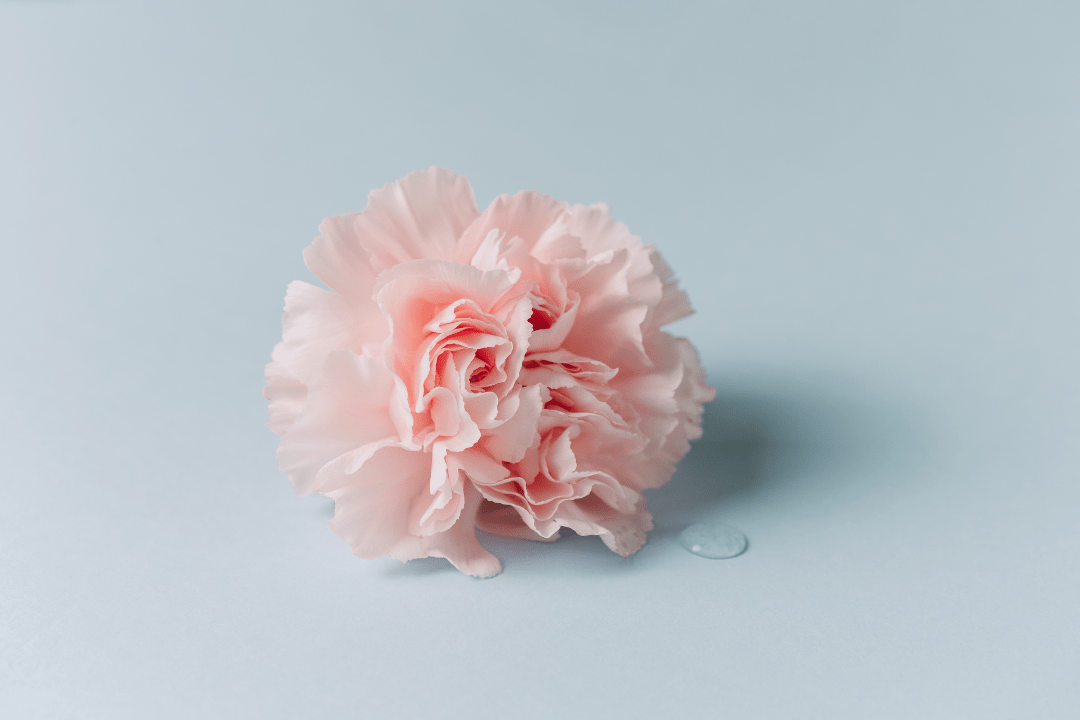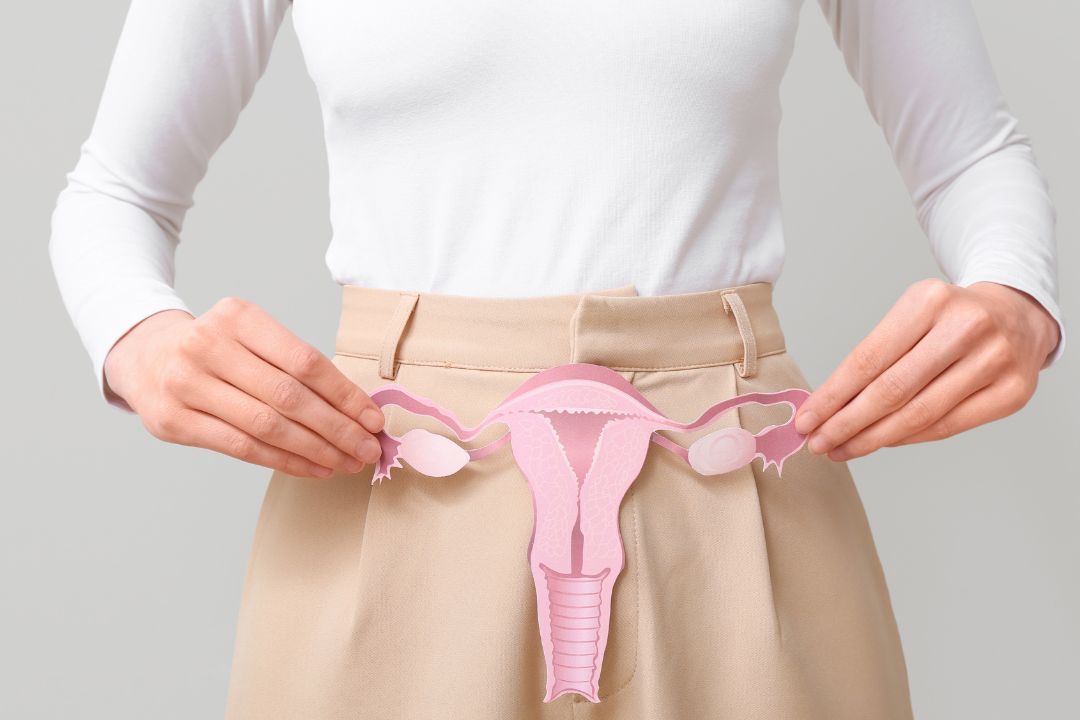Menopause & Body Odor: Why Your Deodorant Isn’t Working

Menopause is a season of change, and while some shifts are expected (hello, hot flashes and night sweats), others can feel like an unwelcome surprise.
One of the most frustrating things?
Realising that the deodorant you’ve trusted for years just isn’t working anymore.
Your body is going through some big shifts, and that includes how (and how much) you sweat.
The good news? You don’t have to settle for feeling uncomfortable.
Let’s break down what’s happening and how you can stay fresh and confident through it all.
What’s Happening to Your Body During Menopause?
Menopause doesn’t just affect your hormones—it’s like your whole body decides to update its operating system. And with that update, your skin and sweat glands start behaving differently.
Think of it as your body’s thermostat getting reprogrammed, and your skin’s ecosystem adjusting to new settings. Suddenly, the way you sweat, the way odor develops, and even how products feel on your skin may not match what you’re used to.
It can be frustrating, but it’s not you—it’s your body settling into a new rhythm. Here’s why things feel different:
✅ Hormonal Fluctuations = More Sweat
As estrogen levels drop, your body’s “internal thermostat” (controlled by the hypothalamus) gets thrown off.
That’s why you suddenly get hot flashes during the day and night sweats while you sleep. More frequent and unpredictable sweating means your deodorant is working overtime—and sometimes it just can’t keep up.
✅ A Shift in Skin & Bacteria
Your skin’s pH balance shifts with age, and this affects the little community of bacteria living there (yes, the skin microbiome!).
Since odor is caused by bacteria breaking down sweat, even a small change in balance can make your natural scent stronger, or just… different. This is why the same deodorant that masked odor before may suddenly feel like it’s doing nothing.
✅ Increased Skin Sensitivity
Menopausal skin tends to become thinner, drier, and more reactive.
That means ingredients you once tolerated (like baking soda or heavy fragrances) may now cause stinging, redness, or itchiness. It’s not that your skin has suddenly “gone bad”—it’s simply more delicate, and it needs gentler care than before.
Why Your Usual Deodorant Might Not Be Working Anymore
If you’ve been loyal to the same deodorant for years, it can feel baffling (and frustrating!) when it suddenly stops doing its job.
But here’s the thing: it’s not your imagination, and it’s not that you’re doing something wrong. It’s that your body—and your deodorant—are now out of sync.
❌ Aluminum-Based Antiperspirants Block Pores
Most mainstream products are antiperspirants, which means they rely on aluminum salts to plug your sweat glands.
This stops sweat from reaching the skin’s surface. During menopause, when your body is producing more heat and more sweat, those blocked pores can cause irritation, buildup, and even stronger odor once the sweat eventually breaks through.
Think of it as putting a lid on a boiling pot—the pressure builds up until it spills over.
❌ Synthetic Fragrances Mask, But Don’t Solve
That “fresh scent” you’re smelling? It’s often just perfume layered over odor.
When your natural scent changes due to hormonal shifts, these fragrances may not mix well with your body chemistry. Instead of keeping you fresh, the combination can feel cloying, overwhelming, or ineffective.
On top of that, artificial fragrances are one of the most common triggers for skin irritation.
❌ Harsh Ingredients Can Make Things Worse
Many deodorants rely on ingredients like baking soda, parabens, or phthalates.
While you might have tolerated them before, menopause makes your skin more delicate and reactive.
Suddenly, what was once fine may now lead to redness, dryness, or itching—leaving you uncomfortable and still battling odor.
👉 Bottom line: what used to work for your body may no longer be the right fit.
Just like switching up your skincare routine as your skin changes, finding the best deodorant for menopause means choosing something that supports where your body is now, not where it was 10 years ago.
The Natural Solution: How AporeNaturals Can Help
You deserve a deodorant that works with your body, not against it.
That’s exactly why we created AporeNaturals—a science-backed, skin-friendly alternative that actually keeps up with your body’s changes.
-
Magnesium-Powered Protection: Magnesium naturally neutralizes odor without blocking your sweat glands, so you stay fresh while letting your body do its thing.
-
Soothing, Skin-Loving Ingredients: With witch hazel and Centella Asiatica, our formula helps calm sensitive skin, reduce irritation, and keep underarms feeling soft and smooth.
-
No Harsh Stuff, Just What Works: Our deodorant is free from aluminum, baking soda, parabens, and synthetic fragrances—so you get all-day freshness without the irritation.
-
Tested in the Tropics: If it works in hot, humid climates (like in Singapore), it can handle anything—including those menopause-driven hot flashes.
Tips for Staying Fresh & Confident Through Menopause
✨ Stay Hydrated & Eat Smart
Your diet affects your body odor more than you might think.
Strong foods like garlic, onions, or spicy dishes can intensify odor, while hydration helps flush toxins and regulate body temperature. Cutting back on caffeine and processed foods may also reduce sweating and odor intensity.
👚 Choose Breathable Fabrics
When hot flashes strike, fabrics matter.
Cotton, bamboo, or linen let your skin breathe and help sweat evaporate faster. Polyester or nylon, on the other hand, trap heat and moisture—creating the perfect environment for odor-causing bacteria.
🛁 Be Gentle with Your Skin
Harsh scrubbing or strong soaps can strip your skin’s natural oils, leaving it dry, reactive, and more prone to irritation from deodorant.
Switch to gentle, pH-balanced cleansers that cleanse without over-drying.
🌿 Make the Switch to Natural Deodorant
If you’ve been using antiperspirants for years, your body may need 1–2 weeks to adjust.
During this “detox phase,” you might notice more sweat or odor—it’s just your sweat glands waking up after being blocked. Stick with it; most people notice things balance out after the transition period.
FAQs About Deodorant and Menopause
1. Is sweating more during menopause normal?
Yes. Hormonal changes affect your body’s thermostat, making hot flashes and night sweats common. This can lead to more frequent or heavier sweating than you’re used to.
2. Why does my body odor smell stronger now?
It’s not just in your head—changes in your skin’s pH and bacteria balance during menopause can alter your natural scent. What smelled “normal” before may smell stronger or different now.
3. Should I use antiperspirant or deodorant during menopause?
Antiperspirants block sweat with aluminum, which may cause irritation or worsen odor over time. Deodorants (especially natural ones with magnesium) don’t block sweat—they neutralize odor while allowing your body to regulate naturally.
You can read more about why magnesium is a game-changer in natural deodorants, and why it may also be worth rethinking your usual deodorant sprays if that’s what you’ve been relying on.
4. Can diet really make a difference in body odor?
Absolutely. Foods with strong compounds (like garlic, onions, caffeine, or alcohol) can make sweat smell more intense. Staying hydrated and focusing on whole foods helps reduce this effect.
5. How long does it take for a natural deodorant to start working?
Most women notice improvement after 1–2 weeks. Your body may go through a short adjustment period, but once it balances, natural deodorant can be just as effective (if not more so) than traditional options.
Final Thoughts

Menopause is a new chapter—one that comes with changes, but also with opportunities to take better care of yourself. If your deodorant isn’t working like it used to, it might be time for a switch.
With AporeNaturals, you can embrace this phase of life feeling fresh, confident, and comfortable. Ready to try it for yourself? Check out our deodorant lineup and make the switch today. 💛
Have you noticed changes in your body odor during menopause? Let’s talk in the comments!



